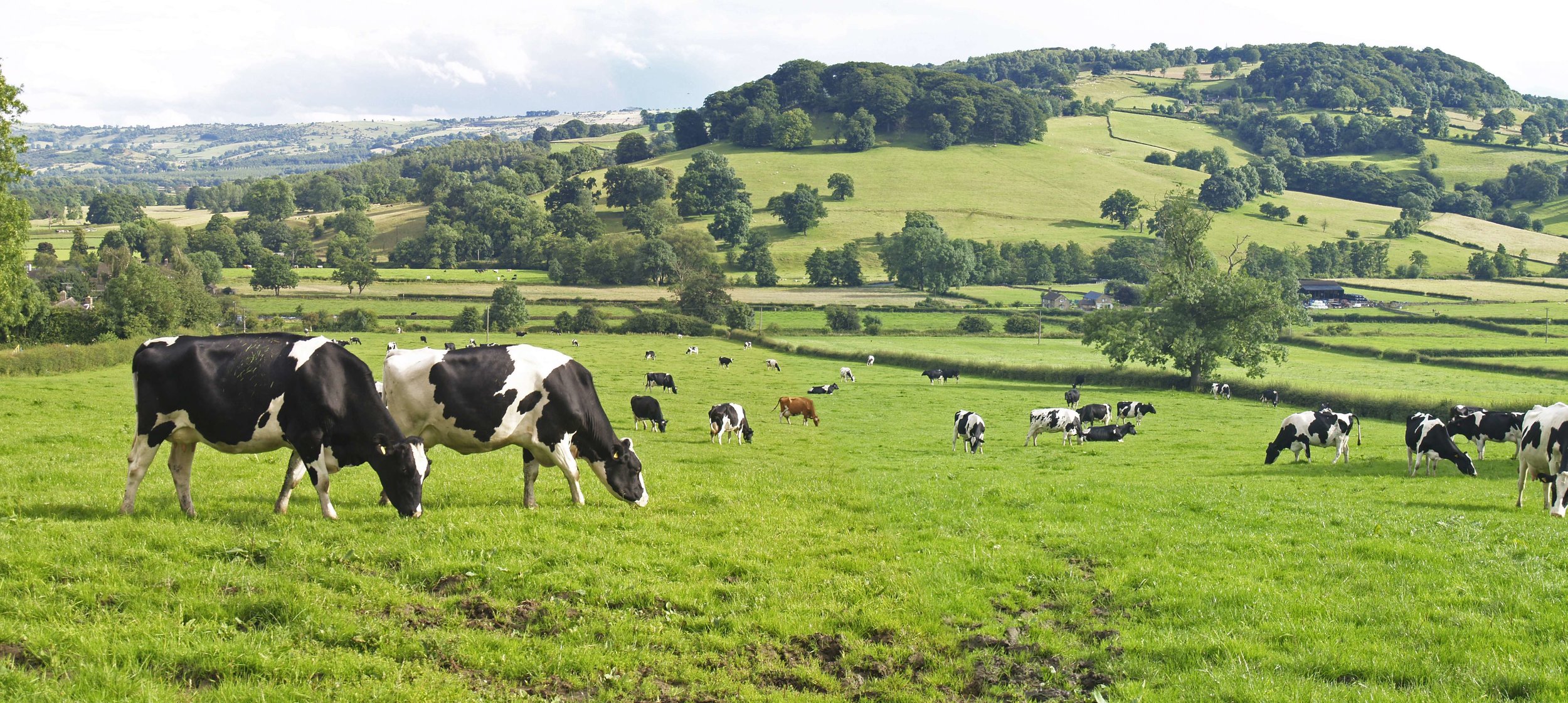Tougher breeding rules to combat ‘backstreet breeders’

Everyone who owns a pet or is looking to introduce one into their life will want to know that the animal has had the very best start to life. Yet for thousands of puppies born each year to irresponsible breeders, from smaller operations to larger puppy farms, their first weeks are spent in cramped and squalid conditions without the care and attention they need. That is why today I have announced that we are cracking down on the worst offenders by strengthening the dog breeding licence and giving councils the power they need to take action.
The plans will make it completely illegal to sell puppies younger than eight weeks and require anyone breeding and selling three or more litters of puppies a year to apply for a formal licence. Irresponsible breeders who don’t stick to these rules face an unlimited fine and/or up to six months in prison.
The new rules will mean smaller establishments - sometimes called ‘backstreet breeders’ - which supply thousands of dogs to families each year, as well as larger commercial breeders, must meet strict welfare criteria to get a licence. Irresponsible breeders can neglect the health and welfare of the puppies they raise and may not properly vaccinate them, leading to steep vets’ bills and heartbreak for buyers.
With more and more pet sales now taking place on the internet, it’s right that this market is subject to the same strict licensing criteria as other breeders and pet shops so that consumers are not misled. The plans announced today will help people choosing new family pets to be confident the animals have been properly bred and cared for from birth and are ready to move safely to their new homes.
Under the new plans, pet shops will also be required to give buyers written information about the animals they buy, with details of the five welfare needs owners must meet under the Animal Welfare Act around environment, diet, behaviour, housing and freedom from pain. This advice is particularly important when buying exotic pets, which can have very specific welfare needs.





